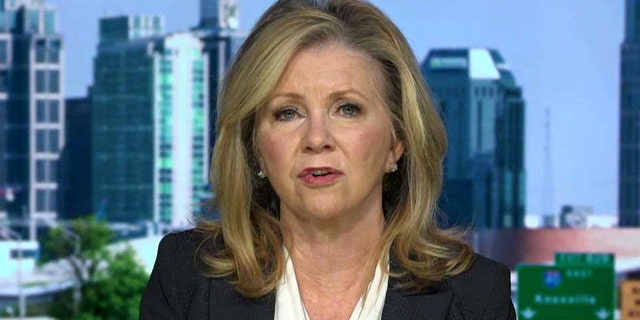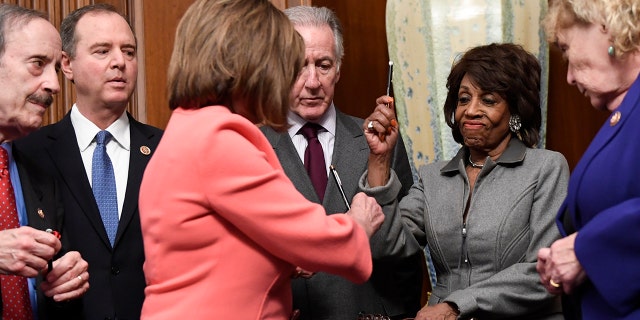The Federal Bureau of Investigation (FBI) has updated its policy with regard to election interference and is changing the process for alerting state officials to voting irregularities and breaches.
The bureau on Thursday called election security a "top priority" for federal agents and the Department of Justice (DOJ) as they gear up for the 2020 election cycle.
The top law enforcement agency also said the internal policy changes will help bolster America's election infrastructure, which is frequently under siege.
"Protecting the integrity of elections in the United States against criminal activity and national security threats is among the top priorities of the Department of Justice and the FBI," the agency said in a statement. "Cyber intrusions affecting election infrastructure have the potential to cause significant negative impacts on the integrity of elections. Understanding that mitigation of such incidents often hinges on timely notification."
"The FBI’s new policy recognizes the necessity of notifying responsible state and local officials of credible cyber threats to election infrastructure," the bureau added.
Under the new standards, the federal government will strive to respect the autonomy of local election officials, while still encouraging a cooperative relationship with federal authorities in rooting out those who seek to destabilize the U.S. voting.process.
"The FBI’s interactions regarding election security matters must respect both state and local authorities," the bureau said. "Thus, the FBI’s new policy mandates the notification of a chief state election official and local election officials of cyber threats to local election infrastructure."
The initiative is based on existing FBI standards related to cybercrimes but also includes new guidelines about the severity of each threat and how they should be handled.
"The new policy is informed by existing FBI policies surrounding cyber incident notification thresholds and cyber victim notification in general," the agency said.
"The new policy, however, provides updated and additional guidance on the timely dissemination of notifications and/or threat reporting; the protection of victim information and disclosures; and coordination between FBI and other agencies in regard to election security for maximum impact," it added.
The bureau on Thursday called election security a "top priority" for federal agents and the Department of Justice (DOJ) as they gear up for the 2020 election cycle.
The top law enforcement agency also said the internal policy changes will help bolster America's election infrastructure, which is frequently under siege.
"Protecting the integrity of elections in the United States against criminal activity and national security threats is among the top priorities of the Department of Justice and the FBI," the agency said in a statement. "Cyber intrusions affecting election infrastructure have the potential to cause significant negative impacts on the integrity of elections. Understanding that mitigation of such incidents often hinges on timely notification."
"The FBI’s new policy recognizes the necessity of notifying responsible state and local officials of credible cyber threats to election infrastructure," the bureau added.
Under the new standards, the federal government will strive to respect the autonomy of local election officials, while still encouraging a cooperative relationship with federal authorities in rooting out those who seek to destabilize the U.S. voting.process.
"The FBI’s interactions regarding election security matters must respect both state and local authorities," the bureau said. "Thus, the FBI’s new policy mandates the notification of a chief state election official and local election officials of cyber threats to local election infrastructure."
The initiative is based on existing FBI standards related to cybercrimes but also includes new guidelines about the severity of each threat and how they should be handled.
"The new policy is informed by existing FBI policies surrounding cyber incident notification thresholds and cyber victim notification in general," the agency said.
"The new policy, however, provides updated and additional guidance on the timely dissemination of notifications and/or threat reporting; the protection of victim information and disclosures; and coordination between FBI and other agencies in regard to election security for maximum impact," it added.





















